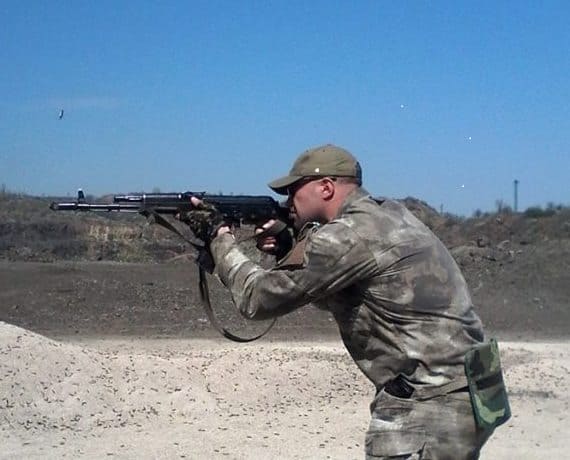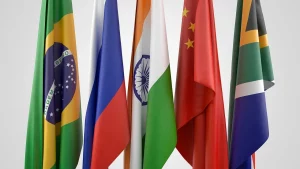
EU plans to create its own intelligence agency
The European Union may have its own intelligence agency that will collect information about the external threats.
Bloomberg writes about this with a reference to a draft report by former Finnish President Sauli Niinistö.
The main goal is to collect information about the threats outside the EU without duplicating the work of national agencies.
The journalists’ interlocutors emphasize that the EU officials are now analyzing threats and taking action based on the open sources and information that the 27 EU countries have agreed to share.
The creation of its own intelligence service, which will not duplicate the work of similar national agencies, will help to identify risks, respond to the crisis situations, and engage in counterintelligence more effectively.

According to sources, Niinistö will propose to expand the scope of responsibility of the European Union Intelligence and Situation Centre (INTCEN), which reports to the EU High Representative for Foreign Affairs and Security Policy.
According to the former Finnish president, the updated structure will collect data from the national intelligence services and issue recommendations for the EU institutions based on them.
It is also expected that it will be proposed to impose restrictions on travel within the EU for third-country diplomats if they pose a threat in terms of sabotage or the espionage activities.
It is noted that it was part of the bloc’s efforts to strengthen defense and security preparedness amid growing risks, including the Russian dictator Vladimir Putin’s actions against the eastern EU members, the potential impact of conflicts in the Middle East, and concerns about China’s assertiveness.
In June, Poland, Lithuania, Latvia, and Estonia called on the European Union to build a defense line along the border with Russia and Belarus.

“The creation of a defense infrastructure system along the EU’s external border with Russia and Belarus will make it possible to meet the urgent need to protect the EU from the military and hybrid threats,” the letter from the leaders says.
By the hybrid threats, they mean a combination of the military and non-military, as well as the covert and overt means, including disinformation, cyberattacks, economic pressure and migrant smuggling.
SUPPORT MILITARNYI
Even a single donation or a $1 subscription will help us contnue working and developing. Fund independent military media and have access to credible information.


 Urich
Urich 
 Андрій Харук
Андрій Харук 
 Контужений Безпілотник
Контужений Безпілотник 

 Центр ініціатив ПЖ
Центр ініціатив ПЖ 



 Vadim Kushnikov
Vadim Kushnikov 
 Андрій Тарасенко
Андрій Тарасенко 
 Юрій Юзич
Юрій Юзич 
 Віктор Шолудько
Віктор Шолудько 
 Роман Приходько
Роман Приходько 




